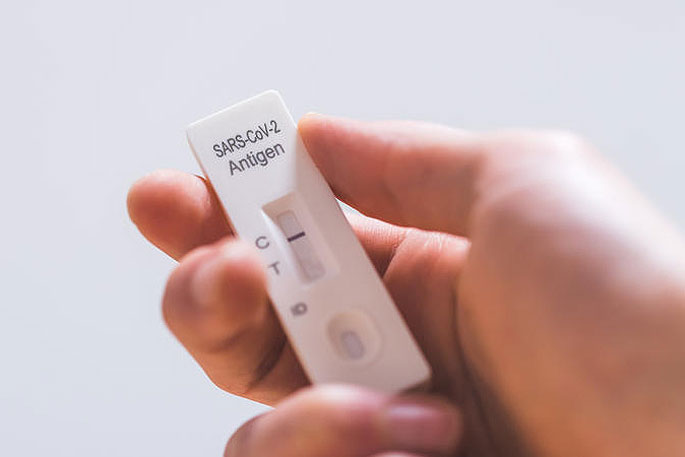Epidemiologist Michael Baker is predicting New Zealand's Covid-19 case numbers will rise again over the coming months - resulting in increased hospitalisations and deaths.
Baker said he was not surprised at confirmation yesterday that the BA.5 variant had entered NZ, and expected it has already spread into the community.
On May 1, the BA.4 was earlier confirmed to have reached New Zealand.
Baker says new variants are among several factors that would force our Covid-19 numbers upwards this winter.
BA.4 and BA.5 are sub-variants of Omicron.
"[BA.5] has taken over the world,"says Baker.
"[In New Zealand] we saw the original BA.1 has now been replaced by BA.2, and we would expect to see more dominant - or we would say 'fitter', variants gradually take over from the ones before - this is natural selection taking place before our very eyes.
"If a variant becomes more common ... we can say yes, it's got a competitive advantage. The other effect is whether it's more severe - but that takes a very long time to find out and there are so many factors that affect that."
As more transmissible variants become dominant and there are more infections, Baker says that is expected to translate to more hospitalisations and deaths.
 Professor Michael Baker. Photo: RNZ / Samuel Rillstone.
Professor Michael Baker. Photo: RNZ / Samuel Rillstone.
"The more people who get infected, the more who will get serious outcomes, go to hospital and unfortunately die. It's the sheer number of people getting infected now."
The new variants have noticeable differences in their genome, but it can take months to know if they are more likely to lead to more severe disease in any population.
"With Omicron, our high vaccine coverage in New Zealand is giving us a lot of protection from this variant, because in terms of it's actual virulence it's very similar to the original virus that spread in 2020.
"So this is not inherently a benign virus. It's just that because we've got high vaccine coverage in New Zealand, although we've got some gaps, that's what's protecting us from the worst of it."
Baker says the loosening of border controls and other social restrictions means the safeguards that could have protected against the spread of this variant aren't in place as they had been in the past.
"We've gone away from very thorough border quarantine to allowing people to come in and essentially carry on their normal activities and the only restriction is they do a couple of tests in their first seven days. So many people of course will be just getting into their normal social activities, so by the time they find out they're found to be infected they will often have infected other people.
"That's just the nature of having - now we're up to 5000 people a day coming into New Zealand ... we are now connected to the full diversity of virus variants across the planet."
It is expected the rate of new case numbers will not stay steady, but go up and down, and several current factors could be expected to drive an increase.
"New variants (over time the virus will get a bit more transmissible), we've got waning immunity (most of us had our vaccine some time ago so that protection is dropping away), we're reducing controls on the virus, and we're moving into winter when we spend more time indoors and we know that [increases] the transmission of respiratory viruses."
Baker says case numbers are already showing signs of a rise, with new cases in Auckland growing 12 per cent a week for the last three weeks.
"I think that's the indicator of what we'll see across the country eventually."
Many countries are providing more boosters to the elderly and medically vulnerable, to help protect the population.
"I think that's going to be really important," and whether boosters are needed for the entire population is something that should be looked at carefully, he says.



0 comments
Leave a Comment
You must be logged in to make a comment.